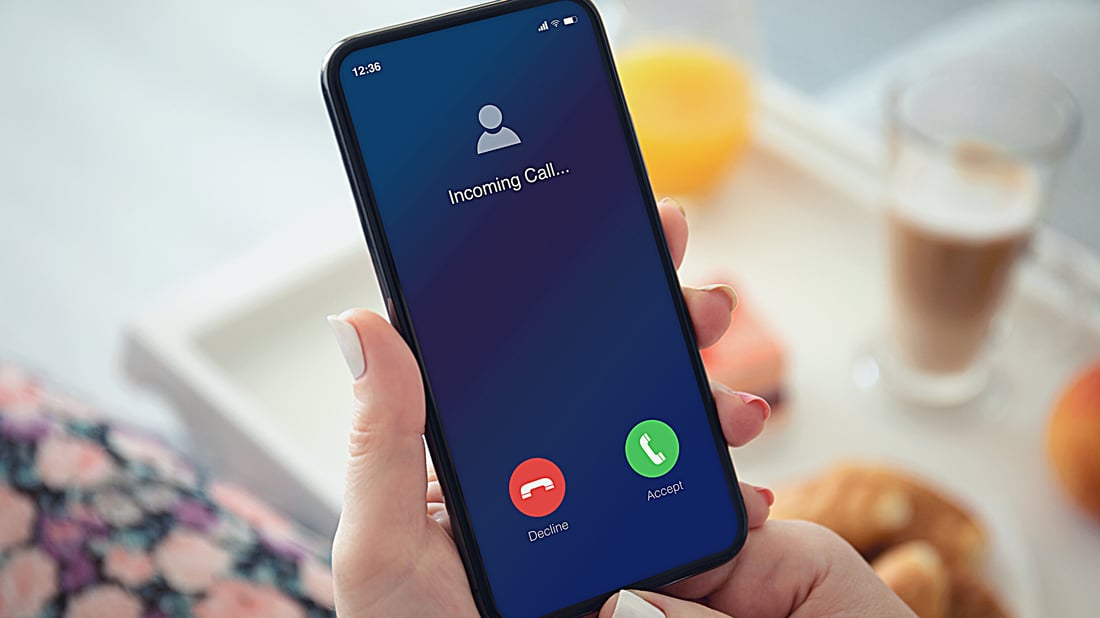There are thousands of travel nursing staffing firms and it seems as though new companies are born every week. With a booming industry, this would seem like a good thing, right? Tons of options for nurses across the country -- what could go wrong?
Unfortunately, we are seeing an increase in scammers posing as recruiters. The scammers try to get personal information (email addresses and phone numbers) and sell it to third parties, scam nurses out of too-good-to-be-true housing, and even attempt to commit identity fraud by asking for social security numbers.
Scammers often seek out their victims in travel nursing Facebook groups. And thankfully, fellow nurses who were almost scammed or fully duped by these individuals are quick to post about their experiences in an effort to warn others.
Not sure who to trust? We can help you identify the biggest red flags that make up fake recruiters and fishy job offers through "agencies" that don't actually exist.
Red Flags
- The agency doesn't have a real website.
- The fake recruiter insists on you sending your private documents to an email address, rather than through a website form or secure portal.
- They call you and text you over and over, and during strange hours.
- They ask you to send information to a personal email address such as Gmail, Hotmail or Yahoo.
- The recruiter blocks when you ask for contract details.
- Their Facebook profile shows a different person than when they originally created their Facebook page. Make sure to scroll all the way down to see when they joined Facebook - fake accounts are created every single day. For example, maybe their original profile picture is of a younger male, but now it's an older female of a different ethnicity.
- The job posting has spelling or grammatical errors.
Hot Tip!
A trusted recruiter will not ask for sensitive/private information via social media. That goes for social security numbers, credit card information, account passwords, copy of a driver's license, medical records, etc.
If you're suspicious that your recruiter might be fake, ask them for:
- The company website
- What their official application/background check process looks like
- How long their company has been in business (bonus points if you inquire about them being Joint Commission Certified)
Scammers don't like to be pressed - ask the hard questions up front to protect yourself!
How to identify a fake travel nursing agency
- Check the Better Business Bureau (BBB) to confirm if the travel nursing agency is an official business, and when it was created.
- Search for the company name (and recruiter name) on social media. Legitimate staffing agencies almost always have a presence across multiple social media platforms. Check for business pages on Facebook, LinkedIn, Instagram, and YouTube. Don't forget to search the company name on Glassdoor to see what current and former employees have to say about the organization's integrity.
- Join several travel nursing Facebook groups and search for the word "scam" to see if the fake recruiter's name or company name shows up. To search within a Facebook group, go to the top right corner - there will be a search bar with a magnifying glass where you can type in any keyword, just like you would on Google. Posts that contain your keyword will populate in your search results and you can sort them by date.
The Gypsy Nurse goes into more detail about how to spot a fake job posting and what to do if you've fallen victim to an online job scam.
Housing Scams
Separate from fake recruiters, there have been instances of individuals posting housing scams on social media. Think about beautiful properties that have an extremely low price for the area. Trust your gut. If it seems too good to be true, then it probably is.
Don't click on any suspicious links - these could be attempted phishing attacks.
Red Flags - Housing Scams
- The alleged landlord asks you to wire money.
- There is some type of dramatic story where you are then pestered over and over to respond quickly.
- The property ads have grammatical and spelling errors, or overuse of capital letters.
- You ask for a virtual tour or FaceTime walkthrough and the answer is a hard no, accompanied by multiple excuses.
- They ask you for a deposit fee immediately.
- They want to communicate with you via WhatsApp or Telegram.
How to Report a Travel Nursing Housing Scam
To hold scammers accountable, and to prevent them from luring in future victims, it's important to report housing/rental scams to the appropriate entities, which can include your state's Attorney General's office or even the FBI.
If you have additional questions about filing a fraud report and what happens after the report is made, visit The Federal Trade Commission's FAQ page.
Staying vigilant when looking for your next assignment will keep you from falling victim to a virtual scam artist.

-1.png?width=292&height=64&name=LeaderStat%20Logo%20(4)-1.png)


-1.png?width=258&name=LeaderStat%20Logo%20(4)-1.png)